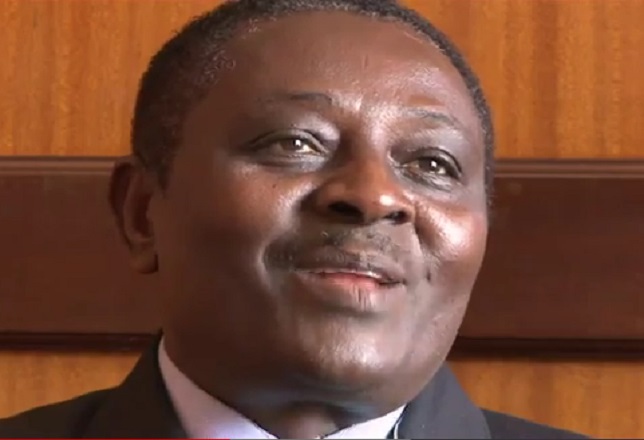Hon. Mbah Ndam welcomes draft bill on punishing examination malpractices
Hon. Mbah Ndam, SDF MP and Member of the Committee on Constitutional Laws, Human Rights and Freedoms of the National Assembly has been speaking of the draft bill on punishing examination malpractices. Joseph Mbam Ndam (to use his three names) says the bill is long overdue. He had this soul-searching conversation with the nation’s national daily Cameroon Tribune
What is the rationale behind punishing corruption in administrative competitive examinations as stipulated in Section 163-1 of the bill revising the Penal Code currently under scrutiny at the National Assembly?
Mbam Ndam: This bill comes 51 years after 1965 when the Penal Code was adopted. Corruption has become a cankerworm that has chopped into the fabric of our society, including competitive examinations and other examinations. For over 30 years, we have been suffering from this calamity. We, the people’s representatives, know how much is paid to get into some popular professional schools because children come around to tell us how they have been told to bring 500,000 FCFA to succeed. So, this provision is long overdue.
We have suffered a lot of damage. The children of poor people have failed to progress. Intelligent people and even geniuses have been unable to get into professional schools because of corruption in competitive examinations. This has come too late, but I hope that we will make good use of it.
Some minors are also involved in examination fraud. Are they concerned by the punishment spelt out in this provision?
Mbam Ndam: We have multiplied the possibilities of punishment in the Code. You have the reparatory sentence, community service and even reformation, which take care of offences by minors. If they are caught, there is a way of dealing with them besides the administrative decisions of suspending them from taking part in the exams.
What remedy exists for persons who claim to have been wrongly accused?
Mbam Ndam: I am very worried to hear that people make a lot of noise over wrong accusations. We cannot start proceedings by already knowing the outcome. You only know the outcome when the judgment is handed down and that is why there is the presumption of innocence. If you are wrongly accused, you are innocent until proven guilty.
Going back to that provision, are you really confident that the impact will be felt given the degree of corruption that, as you said, has eaten so deep?
Mbam Ndam: We had to start from somewhere. It will also depend on the political will because when you have a government that does not take precautions to prevent the commission of crimes and if there is laxity, the people will indulge in it and this provision will remain a dead letter.





